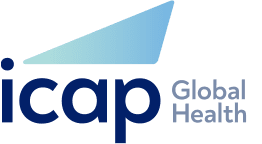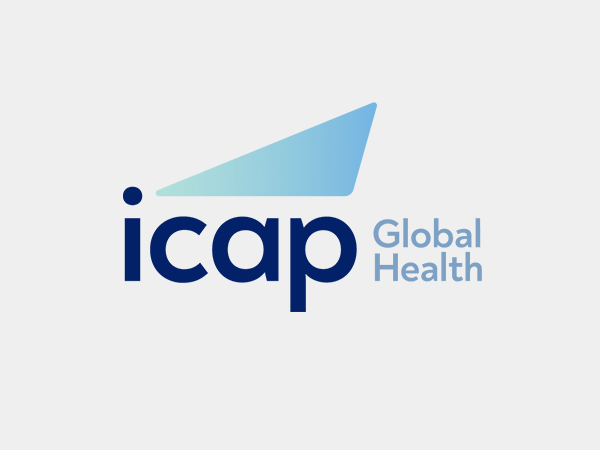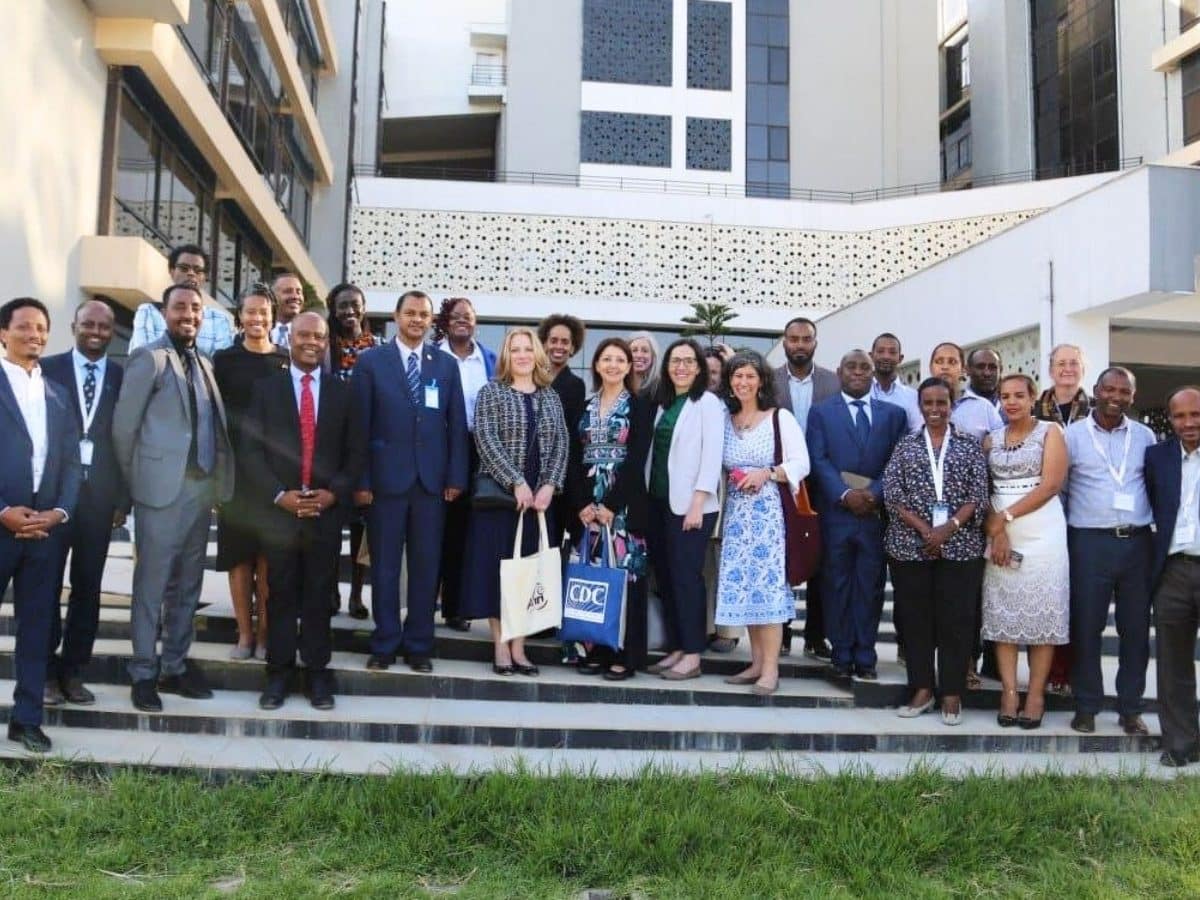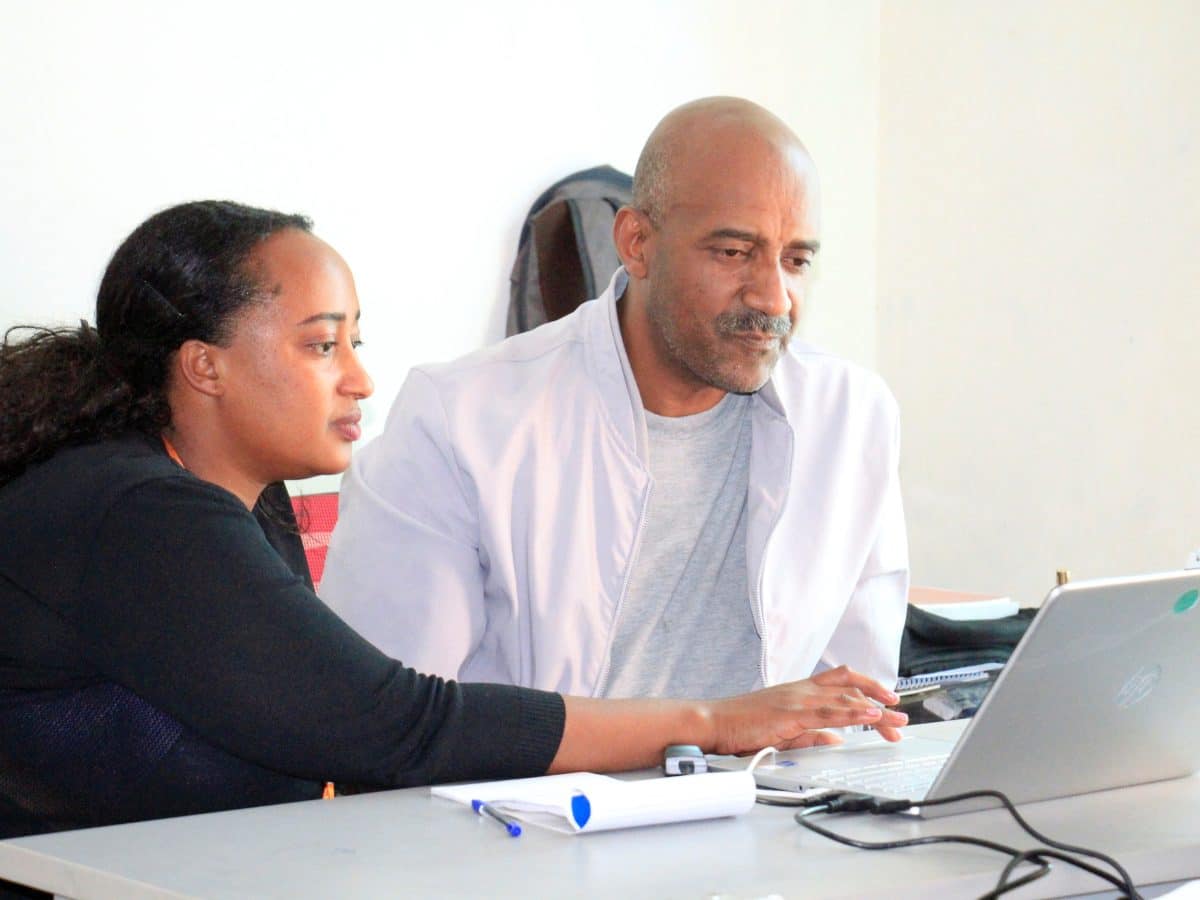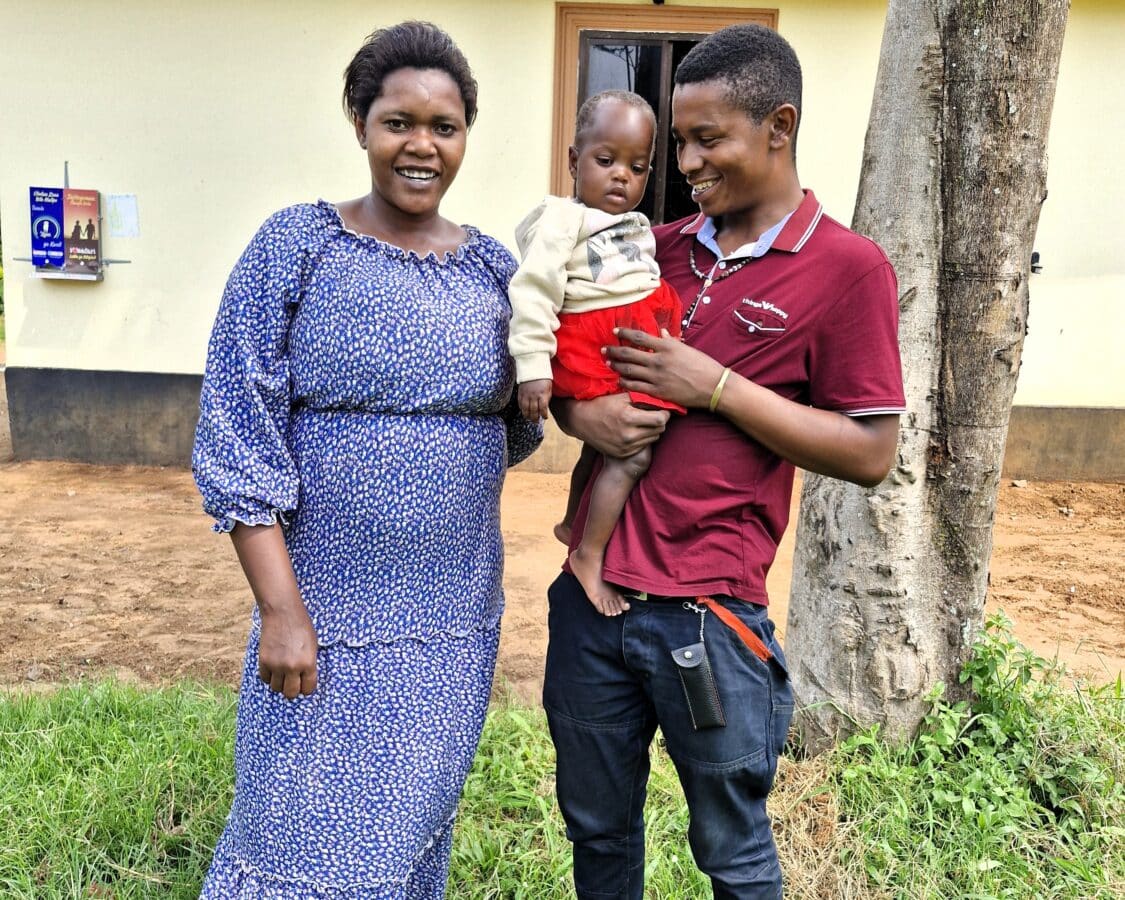ICAP at Columbia University announces two new awards from the National Institutes of Health (NIH) to support HIV prevention research in the US and globally. The first award enables the continued work of the NIH-funded HIV Prevention Trials Network (HPTN) through its Leadership and Operations Center. The second award will support the newly-established ICAP Clinical Trials Unit in the development and implementation of HIV-research for populations at risk for HIV.
A New Cycle of Funding for the HIV Prevention Trials Network
Wafaa M. El-Sadr, MD, MPH, MPA, director of ICAP at Columbia University and professor of epidemiology and medicine at the Columbia Mailman School of Public Health, and Myron S. Cohen, MD, director of University of North Carolina’s Institute for Global Health and Infectious Diseases, in collaboration with FHI 360, have received a seven-year award from the National Institutes of Health (NIH) for leadership of the HIV Prevention Trials Network (HPTN). The initial first-year core and protocol funding support is for $21,388,000.
During this new funding cycle, the HPTN will focus on four priority areas: Identifying novel antiretroviral (ARV)-based methods and delivery systems for HIV prevention; developing multi-purpose technologies for HIV prevention, prevention of other sexually transmitted infections and contraception; evaluating broadly neutralizing antibodies alone or in a combination that prevent HIV acquisition, in collaboration with the HIV Vaccine Trials Network; and designing and conducting population-specific integrated strategy studies that combine biomedical, socio-behavioral, and structural interventions for HIV prevention to maximize their effectiveness.
“In the absence of an HIV vaccine, effective non-vaccine prevention tools and strategies have become critically important,” said Cohen. “This tenet is at the core of the HPTN’s mission, moving forward research to identify biomedical interventions and integrated strategies that help reduce the global incidence of HIV.”
“We recognize that demonstrating the efficacy of a new agent is the first step in a critical research trajectory,” added El-Sadr. “Achieving impact requires reaching and engaging diverse populations and achieving high uptake and adherence with prevention methods, compelling the need for integration of biomedical with behavioral and structural interventions.”
The HPTN will also continue as a partner in the COVID Prevention Network (CoVPN), a recently formed coalition working to evaluate biological agents, including vaccines and monoclonal antibodies, to prevent COVID-19.
“FHI 360 is committed to HIV prevention efforts as we all work towards reducing the rate of new HIV infections in populations deemed at greatest risk around the world,” said Nirupama Sista, MSc, PhD, director of the HPTN Leadership and Operations Center at FHI 360.
ICAP’s Clinical Trials Unit Funded for HIV Prevention Research
The second NIH award will support research to be carried out by a new Clinical Trials Unit (CTU) established at ICAP at Columbia University. The ICAP Clinical Trials Unit will support the conduct of NIH-funded research at its two longstanding clinical research sites in Harlem and the Bronx in New York City. Research will also continue at ICAP’s clinical research site in Eswatini.
The research under this award will substantially advance the scientific agendas of the HPTN by contributing to the development of effective HIV prevention interventions targeted to the populations most affected by HIV in the U.S. and globally.
“The New York City-based research sites serve priority populations of great relevance to the current HIV epidemic in the US—those both living with and at risk for HIV, including Black and Latino men who have sex with men, women of color, young people, and people who inject drugs,” said Jessica Justman, MD, ICAP’s senior technical director and co-principal investigator of the ICAP CTU along with El-Sadr. “The Eswatini site, in a community with some of the highest rates of new HIV infections in the world, has the capacity to engage children, adolescents, women at risk, men, and key populations.”
With this award, the ICAP CTU will pursue an innovative and comprehensive approach to HIV prevention research that tailors tools and strategies to the demographic characteristics, behavioral risks, co-morbidities and life circumstances of persons living with or at risk of acquiring HIV. Research undertaken by the ICAP CTU will be multi-faceted, accommodating the complexities of individual-level responses to interventions across numerous populations, and focused on advances that will support population-level reductions in HIV infection, improvements in quality of life and survival of people living with HIV, and a substantial reduction in the number of new HIV infections globally.
About ICAP
A major global health organization that has been improving public health in countries around the world for nearly two decades, ICAP works to transform the health of populations through innovation, science, and global collaboration. Based at Columbia Mailman School of Public Health, ICAP has projects in more than 30 countries, working side-by-side with ministries of health and local governmental, non-governmental, academic and community partners to confront some of the world’s greatest health challenges. Through evidence-informed programs, meaningful research, tailored technical assistance, effective training and education programs, and rigorous surveillance to measure and evaluate the impact of public health interventions, ICAP aims to realize a global vision of healthy people, empowered communities, and thriving societies. Online at icap.columbia.edu.

